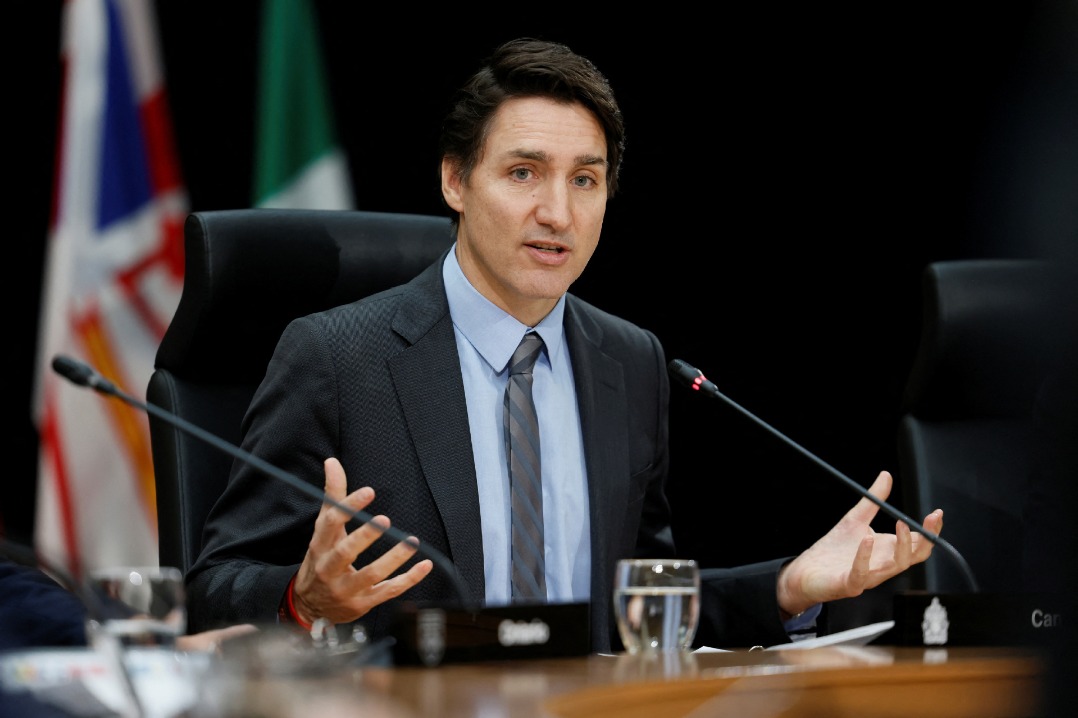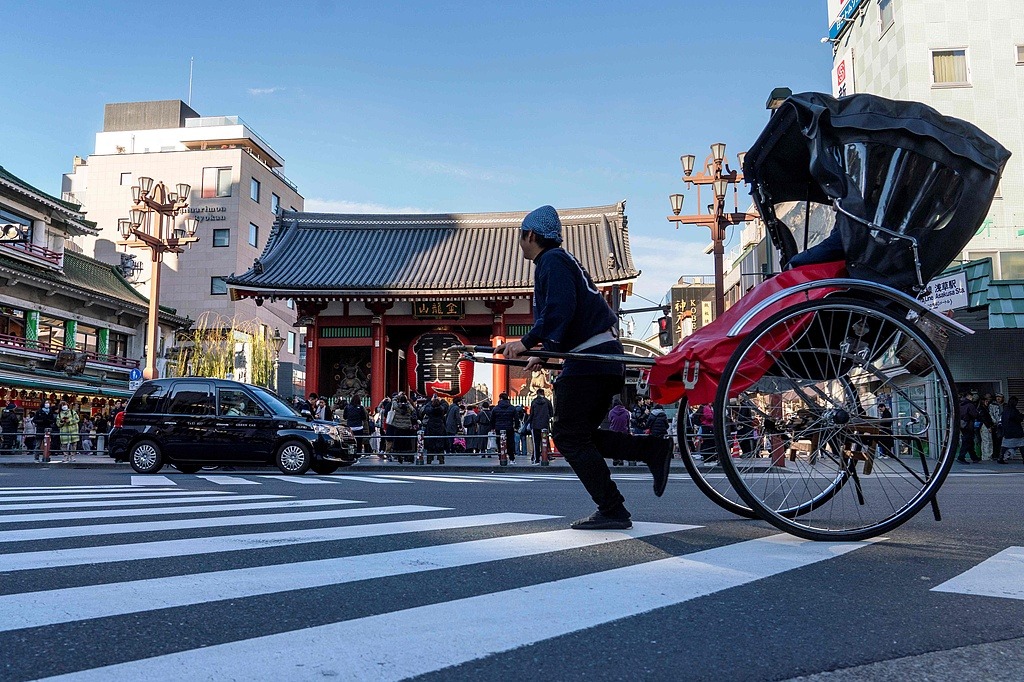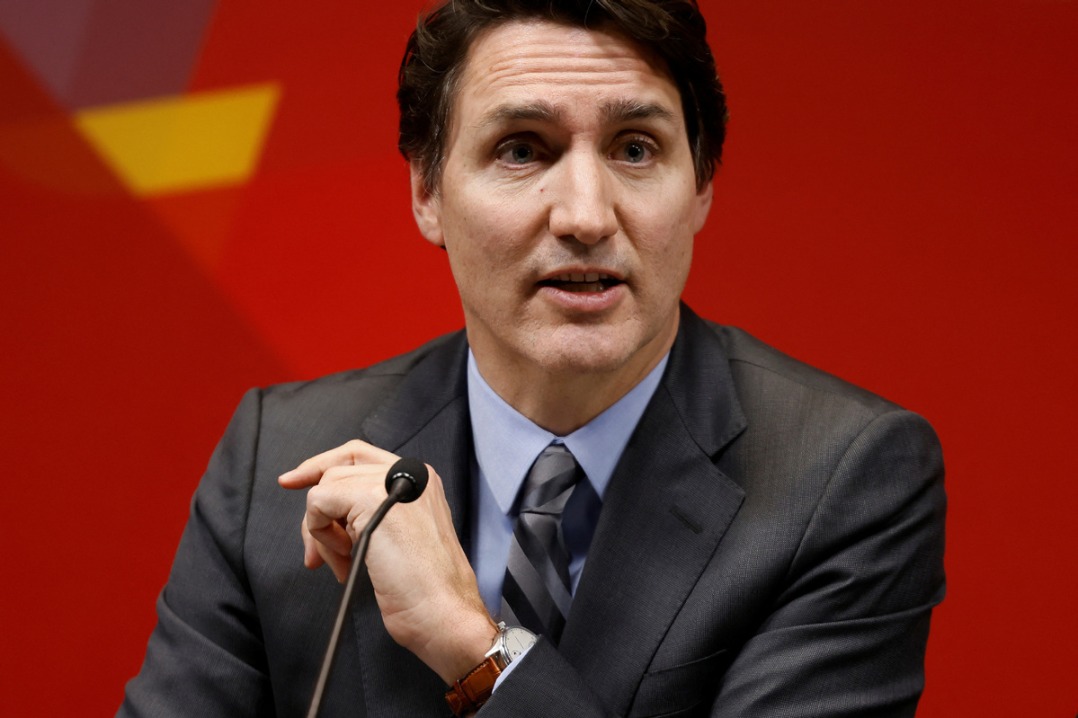Voters had to sort through campaign vitriol to get to issues

In a contest between national issues and personal conduct, the issues appear to have won out in the US presidential election.
Donald Trump was elected president despite his many recorded indiscretions because he had key issues such as trade, terrorism, immigration and healthcare in his favor.
Much of what Hillary Clinton said during the campaign was not about why she should be president but why Trump shouldn't be.
How much of Americans' everyday concerns hinges on what Trump said to Miss Universe in 1996?
The argument could be made that past incidents are reflective of one's character, but voters decided not to give more weight to someone’s prior or even current behavior if they believed that person would improve their lot in life - and the premiums on their health insurance.
This was an election in which both candidates retained most of their passionate supporters no matter what they said or did.
Trump said he could shoot someone on Fifth Avenue, and people would still vote for him.
Clinton brazenly set up her own home-brew server and had some of the less savory sides of her campaign regularly exposed by WikiLeaks, but she still had strong partisan support that translated into a small edge in the popular vote.
Many angry voters also wanted someone who "tells it like it is" whether it is that way or not. That phenomenon also took place on the Democratic side, as Vermont Senator Bernie Sanders scored primary points going after Wall Street.
Clinton had the Washington experience and the prospect of trying to become the first woman president.
But she and her husband carried a lot of political baggage, and she had to cope with a deluge of stories about the private email server and an on-again, off-again FBI investigation into her handling of classified information.
Clinton also faced some questions about her health and the appearance of preferential treatment for patrons of the lucrative Clinton Foundation.
Even the backing of the mainstream media and a Democratic National Committee that catered to her political needs and suppressed Sanders were not enough to get her across the threshold again at 1600 Pennsylvania Avenue.
A lot of campaign issues were fervently hashed out on the digital battlefields of Twitter and Facebook, and while the major television networks and newspapers still have some influence, they don't have the moral gravitas they did 30 or 40 years ago.
Their voices were up against an internet cacophony and voters who increasingly sought news that reinforced their own political leanings.
Trump was able to win despite not only having the mainstream media lampoon his candidacy but also after most of the GOP Beltway establishment arrogantly crowed that he could never secure the 1,237 delegates to win the nomination, and that the party convention in Cleveland would devolve into a floor fight.
Also helping Trump was his dismissal of political correctness. In a country where some major universities are worried about what Halloween costumes their students wear, Trump struck a blow for common sense and free speech.
Despite having the president and first lady campaigning daily for her down the stretch, Clinton could not generate the excitement that a President Barack Obama or a President Bill Clinton could.
Clinton also couldn't inspire passion among some African-American voters not only because she wasn't Obama, but because a fair amount of them felt taken for granted by the Democratic Party.
The two candidates' rallies were probably a better barometer of voter sentiment than any poll. Trump would routinely get thousands at his far more frequent events, while Clinton's tightly managed appearances would struggle to get hundreds, except when she had some major celebrities appear.
Finally, Clinton was up against history. No other candidate from the same party since Franklin Delano Roosevelt in pre-term limits 1940 has ever won the White House three times in a row.
Contact the writer at williamhennelly@chinadailyusa.com
?































